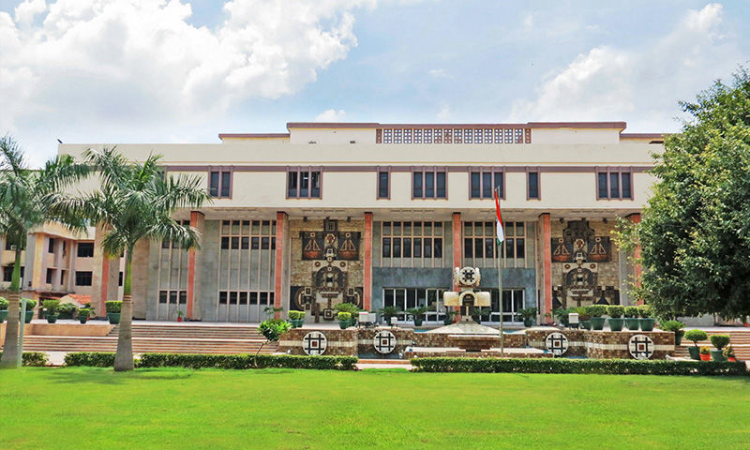Delhi High Court Allows Extradition of German National For Trial In Child Sexual Abuse Case
Parina Katyal
1 March 2023 1:37 PM IST

Next Story
1 March 2023 1:37 PM IST
The Delhi High Court has upheld an order passed by a Delhi Court recommending the extradition of a German national, who is accused of sexually abusing children.Justice Anish Dayal held that the order passed by the Court of Additional Chief Metropolitan Magistrate (ACMM), recommending extradition of the accused, Bernd Alexander Bruno Wehnelt, to Germany for trial for the offences under the...
